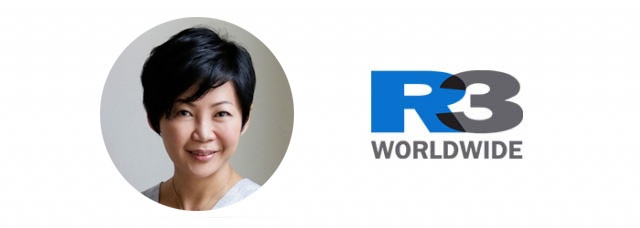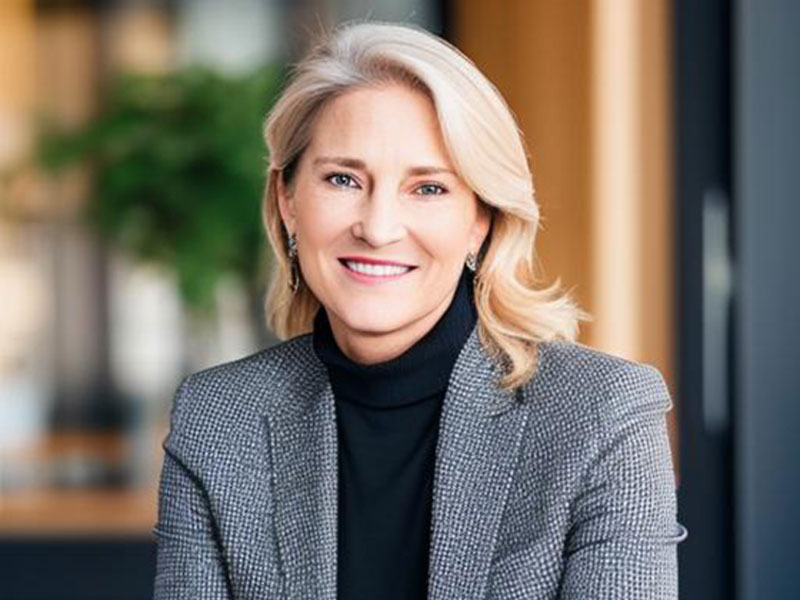
Over the past couple of years global consultancy firms around the world have been actively acquiring creative agencies. According to R3, 2016 was a year when consulting firms got serious about expanding into marketing communications.
For instance, last year, IBM invested more than US$240million into Resource Ammirati, Aperto and Ecx.io. Accenture spent US$175million acquiring Karmarama in the UK and another agency. Deloitte invested into one of the US’s smartest boutique agencies, Heat. Meanwhile, the traditional buyers in this space, the six global advertising holding groups, represented just 22% of all transactions, with Japan’s Dentsu leading the way.
Unarguably, consultants are looking to take a chunk of the advertising pie. And all this is happening in the midst of tightening budgets, shorter client-agency relationships and agency profits dropping.
With an already established digital infrastructure, consultants have been bullish in luring in clients. Many are questioning if the rise of consultants will result in the death of the traditional creative agencies.
Damien Cummings, previously the global digital head at Standard Chartered, who also has agency experience under the Havas umbrella, explained that the way clients work with agencies and consultants are fundamentally different. In his view, creative agencies “handle advertising”, while consultancies are created and oriented to provide strategic advice.
“Consultancies talk the language of CEOs and focus in on hard measure like business efficiency, organisational structures and entering new markets. They build trust by hiring the best, and training them extremely well,” he said. Because of these reasons, along with an ability to demonstrate clear business success “through their robust business cases”, they are able to grab clients despite “charging them a fortune”, said Cummings.
He added that agencies lose out in the language they speak, adding:
“Creative agencies are more concerned with the language of consumers and marketers rather than CEOs.”
He explained that when pitching, consultants’ target the CEOs but agencies talk to marketers. As such, it is a lot easier for consultancies to go downstream and talk the language of CMOs (from the CEO level) that it is for creative agencies to go upstream (from talking to CMOs to CEOs).
“Creative agencies need to talk more about business plans which they lack, and they need to broaden their skill sets and research capabilities,” he added.
Similarly, Piotr Jakubowski, CMO of Go-jek said it largely comes down to understanding the clients’ business. and the role that technology can play in making it better, faster and more efficient.
“The agency’s strategy offering needs to truly understand technology, and the role it plays in a modern organisation,” he said.
Richard Morewood, CEO of M&C Saatchi said, the fact that consultancies are acquiring agencies clearly mean that “agencies offer an expertise and specialism that consultancies need and can’t offer or build.”
While he admits data is important, he describes it as “enablers which still needs creative ideas” to bring an idea to life.
“Agencies clearly need to have access to expertise in data, either by bringing it in-house or partnering with specialists,” he added. Morewood said the best agencies already act as consultants to their clients, working closely with them on their business strategy and definitely beyond just delivering the communication.
Safeguarding the future
Similarly, Frank Bauer, global business director, J Walter Thompson Worldwide said the consultancy practice across agencies is not new. However a key differentiation is needed.
“We need to differentiate in which fields agencies have a ‘right to win’ and where legacy consultancies have it. An agency’s focus is on the brand in an ever-connected world; that is the key field of expertise for agencies which have traditionally served as consultants for CEOs and CMOs,” he said
When asked how agencies can keep ahead of the game, Bauer said a refocus is needed.
“We need to be smart about how we use our creative power in a much larger sense and use it in a better manner embraced with technology. Then, we open completely new sources of revenue such as intellectual property based creative solutions,” added Bauer.

ShuFen Goh, Principal
According to pitch consultant Shufen Goh, co-founder and principal from R3, for an agency to survive in the future, they need to stop conducting strategic work for free.
“Agencies need to introspect and re-look their creative process, technology infrastructure and resourcing strategy. When technology becomes hygiene, then surely what differentiates would be creativity.”
Source: Marketing Interactive





